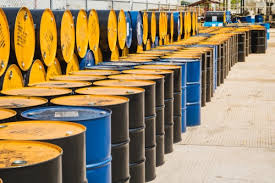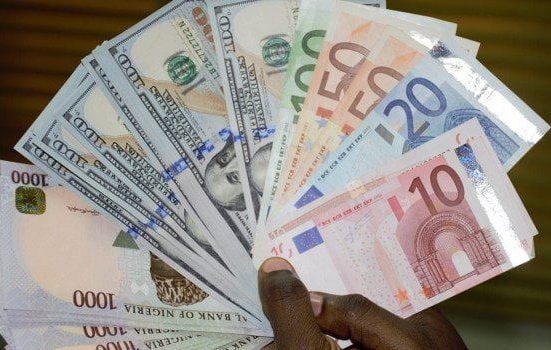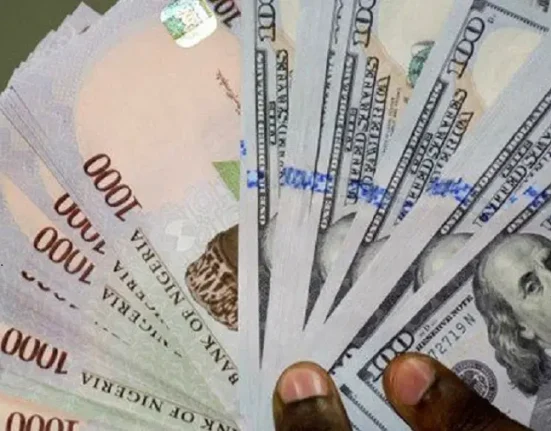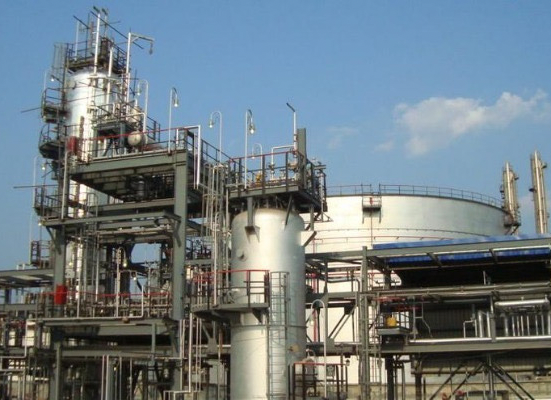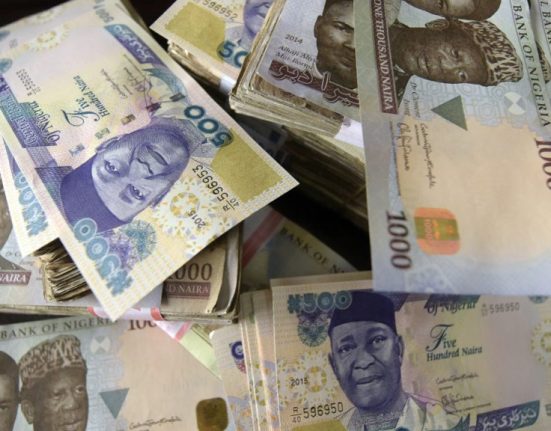Seven vessels carrying Premium Motor Spirit (PMS), commonly known as petrol, are expected to arrive at Nigerian seaports between Monday, March 17, and Sunday, March 23, as efforts continue to stabilize fuel supply across the country.
According to a document obtained from the Nigerian Ports Authority (NPA) on Thursday, these vessels will deliver a combined total of 115,000 metric tonnes of petrol—equivalent to approximately 154.22 million litres—through three major seaports.
Rising Fuel Imports Amid Naira-for-Crude Suspension
The increase in fuel imports follows recent disruptions in the naira-for-crude agreement between the Nigerian National Petroleum Company Limited (NNPCL) and Dangote Petroleum Refinery. The refinery, which had been supplying petrol at a lower price, suspended domestic sales in naira due to stalled negotiations.
Domestic crude refiners argue that halting crude supply in naira is a strategic move to undermine the Dangote refinery and maintain reliance on imported petroleum products. The National Publicity Secretary of the Crude Oil Refinery-owners Association of Nigeria, Eche Idoko, described the suspension as a setback to achieving energy security.
According to Idoko, the continued importation of refined petroleum products, despite growing local refining capacity, indicates a preference for maintaining fuel importation instead of supporting indigenous production.
Fuel Importation and Seaport Arrivals
The NPA document shows that imported fuel will be delivered through the Tincan Port and Lekki Deep Seaport in Lagos, as well as the Calabar Port in Cross River State.
Additionally, within the same period, the Dangote refinery imported 654,766 metric tonnes of crude oil for its operations.
On Monday, March 17, at 4:03 pm, a shipment of 20,000 metric tonnes of PMS allocated to the West African Port Services arrived at the Dangote terminal.
On the same day, two vessels, each carrying 20,000 metric tonnes of petrol, berthed at the Tincan and Calabar seaports.
A Watson vessel, carrying 20,000 metric tonnes of fuel, arrived at the Ecomarine terminal on Thursday, March 20, at 3:18 pm. It was managed by Kach Maritime.
On Friday, March 21, at midnight, the Binta Saleh vessel, carrying 5,000 metric tonnes of petrol, was scheduled to berth at the Tincan Port.
A ship carrying 15,000 metric tonnes of petrol was scheduled to arrive at the Calabar Port on Saturday, March 22, at 11:06 am, assigned to Peak Shipping.
Another vessel carrying 15,000 metric tonnes of fuel was scheduled to arrive at the Ecomarine terminal at Calabar Port on Sunday at 5:10 pm.
With a conversion rate of 1,341 litres per metric tonne, this translates to an importation of approximately 154.22 million litres of petrol within the week.
Rising Fuel Prices at Depots
Despite the increased fuel imports, depot owners continue to raise the loading cost of petrol.
An analysis of fuel price movements at loading depots on Thursday revealed significant increases:
Rainoil Depot raised its price from N835 to N860 per litre.
MEN Depot, despite not making sales the previous day, also adjusted its price to N860 per litre.
Pinnacle Depot increased its price from N835 to N860 per litre.
Aiteo and Nipco revised their rates from N835 to N856 and N860 per litre, respectively.
The continued price fluctuations at depots suggest an unstable supply chain, with concerns that further increases in petrol prices could impact transportation and the cost of living for Nigerians.
As the situation unfolds, industry stakeholders and policymakers will need to address the challenges surrounding local refining, crude oil pricing, and the long-term sustainability of Nigeria’s fuel supply.

